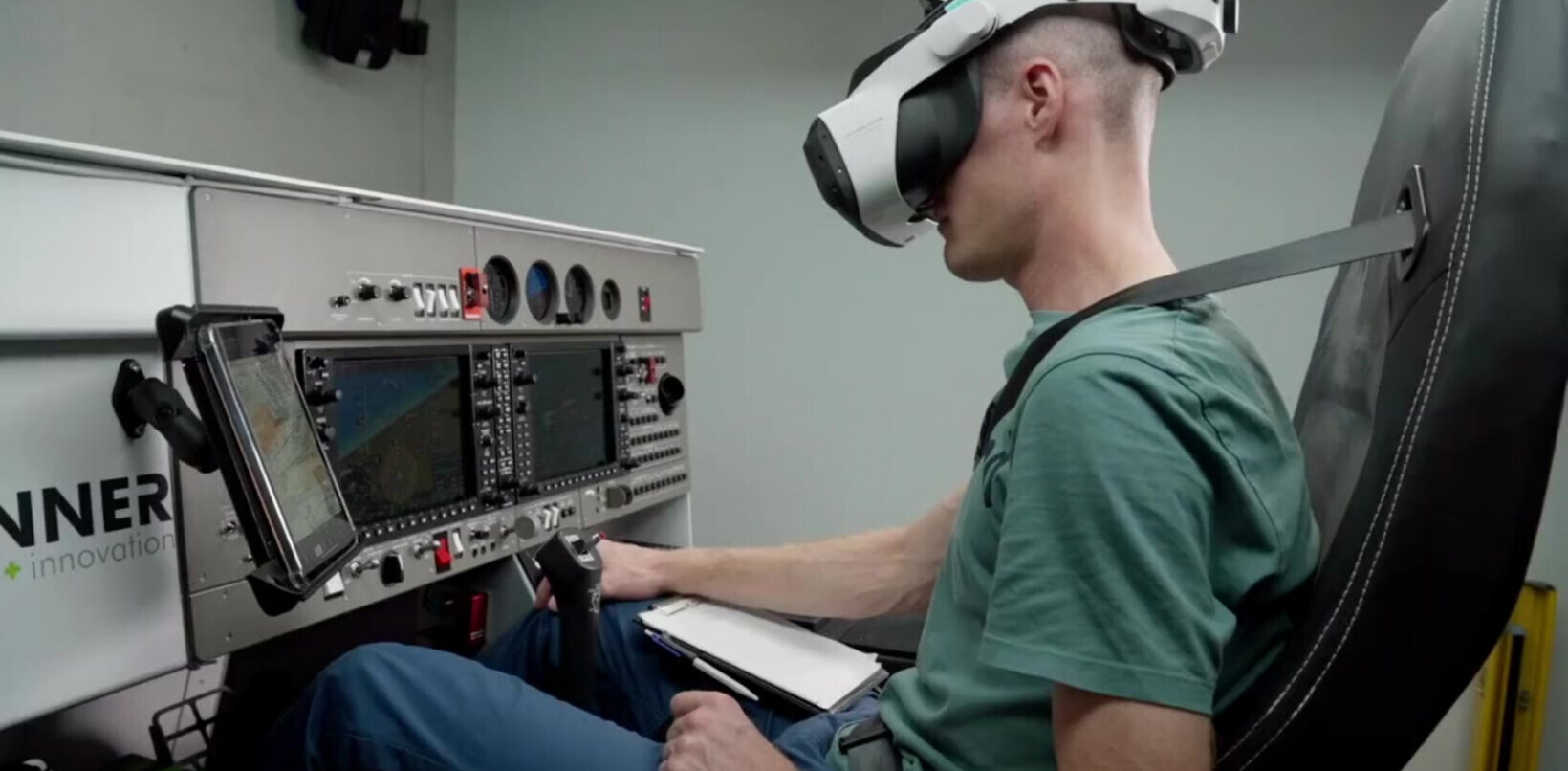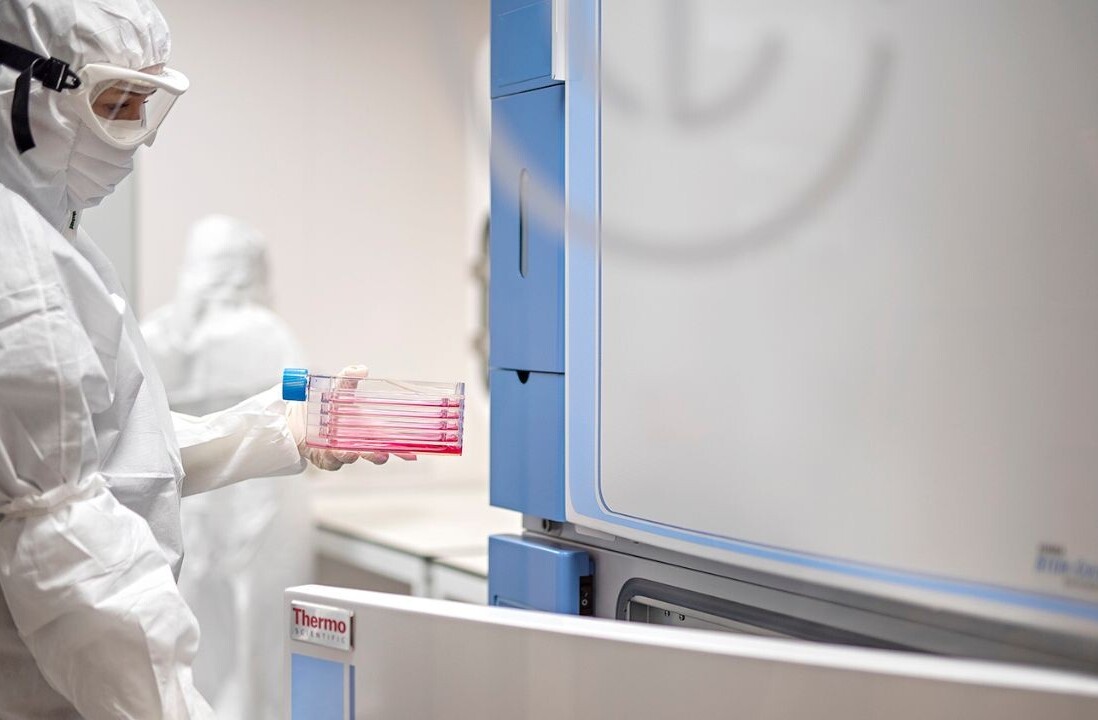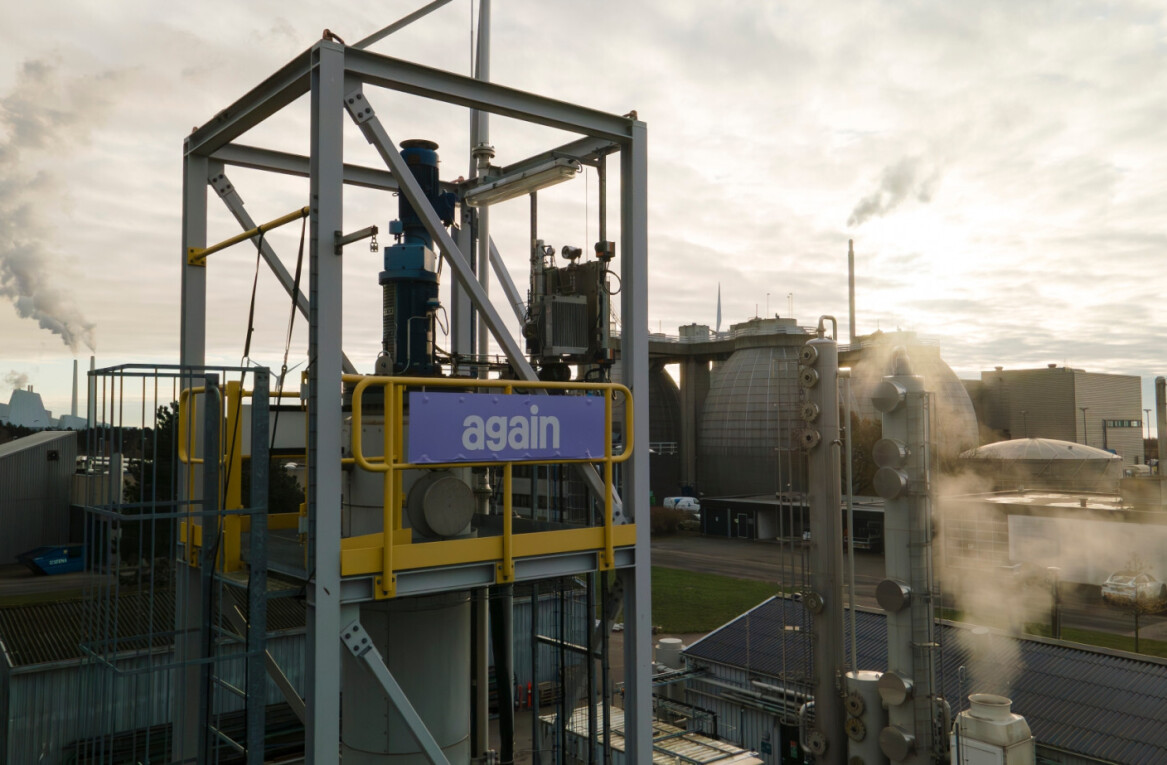
According to the UN, we now have five times the number of recorded weather disasters than we had in 1970, from wildfires across Greece and Turkey to flash flooding in Indonesia, Germany, and Belgium. As Secretary General António Guterres said earlier this year, “we have reached a tipping point on the need for climate action.”
The EU has set ambitious targets with its new Green Deal, namely the goal to cut emissions by 55% (compared to 1990 levels) by 2030. But the solution is much more complex than simply setting targets. SMEs in particular are finding it hard to keep up.
There are several reasons for this which we’re exploring in a series of articles together with the New Energy Challenge. In our last article about green hydrogen, we highlighted the need to make alternative energy more affordable for SMEs. In this article, we’d like to take a deeper dive into the reporting gap.
The era in which carbon footprint data was used solely to inform the annual sustainability report is over: active decarbonization policies are becoming the new normal. The transparent and effective use of data helps to build trust in decarbonizing actions, which is why businesses are taking a data-driven approach towards sustainability. Sounds simple, right?
Carbon accounting practices must gradually, but soon, become more accurate, detailed, and transparent to effectively run businesses in the future. A lot of companies, SMEs in particular, lack the data solutions and insights they need to get a full picture of their carbon footprint and the impact of their decarbonization efforts. But there are a number of startups and scaleups working to develop innovative new solutions.
The New Energy Challenge attracts the most promising startups and scaleups that can make a lasting impact on the energy system from across Europe and Israel every year. To find out more about the reporting gap, we spoke with four who will be competing in this year’s New Energy Challenge Finals Day (sign-up to watch the broadcast on 28 October 2021).
Leveraging the power of collected data, IoT, and smart technology, they’re helping companies and municipalities drill down deeper into their emissions and sustainability data. Here’s what they had to say:
Everimpact: Fighting Climate Change with Data
“To bridge the reporting gap, new technologies to track carbon emissions are important,” says Mathieu Carlier, CEO and founder of Everimpact, a startup tackling climate change by helping companies reduce greenhouse gas emissions. “But they need to be supported by regulations and a price on carbon that can be accounted for in the balance sheet.”
With climate change a prevalent problem and cities accounting for more than 70% of global carbon emissions, the use of technology to monitor emissions data is important for policy analysis and establishing priorities for initiatives to reduce a nation’s emissions.
“Correct and current data is the basis for smart decisions,” Carlier adds.
Through the use of data, Everimpact has developed an accurate way to track emissions in cities based on continuous measurements, rather than current estimates. Using IoT software that combines satellite images and ground sensors, continuous reporting is possible with a major refresh of dashboards every 15 minutes. This paves the way for cities to secure funding through green bonds, impact investment tools, and carbon trading. As Carlier explained:
Today, cities are not using these opportunities well. Many others, especially commercial entities, do, but cities do not. This is typically due to knowledge gaps in city administrators about these financial tools and also because of a lack of trusted, certified data required by impact investors or carbon traders.
Dijon in France is one example, and the first city in the country that’s using Everimpact’s technology with 40 sensors to monitor emissions in near real-time. This data is helping Dijon attract significant private sector funding to finance the city’s climate actions.
Zeigo: Pushing the Transition to Renewables
“There needs to be more government support and a carbon tax,” says Juan Pablo Cerda, founder and CEO of Zeigo, a climate-tech platform connecting companies looking to go green with renewable energy generators.
Talking about bridging the reporting gap on sustainability goals, he adds:
Sustainability reporting and setting the strategy to reduce carbon emissions matters for small businesses, but it’s also very incumbent. It can be hard for SMEs to know where to start. In the lead-up to COP26, there are helpful initiatives like the UN’s SME Climate Hub and Tech Zero which we’ve joined.
Zeigo, which has customers such as Accenture, London’s Gatwick Airport, Network Rail, and Welsh Water, uses data and smart technology to cut through the difficulties of obtaining clean power. Unlike typical consultants, Cerda explains that Zeigo cements its position as a neutral tech platform with no special relationship with any player in the market.
“We don’t just help corporates make informed decisions, we also help developers and generators understand high-level data about the industry by providing them with market and price reports, so they keep their projects competitive,” he adds.
With Zeigo’s focus on accelerating the transition to renewables, the company is using technology to simplify the power purchase agreement (PPA) process of procuring clean energy. Additionally, its partnerships with Bloomberg and S&P Platts, and its commitment to reach net-zero emissions by 2050 by joining TechZero, a climate action group, continues to drive transparency in the industry.
FlexiDAO: Empowering Companies to Reach Zero-Carbon Energy
“Given the urgency created by climate change, it’s time to pledge for stronger governance [to bridge the reporting gap],” says Giacomo Bravaccini, marketing manager at FlexiDAO, a cleantech startup providing software solutions and advisory helping companies reach their zero-carbon energy goals. “However, this kind of intervention won’t be the silver bullet.”
Trusted by Microsoft, Orsted, Total, and Vodafone, to name a few, FlexiDAO’s mission is to help companies buy carbon-free electricity every hour of the day and reach zero emissions. Providing software solutions and advisory services, FlexiDAO is working on their vision of turning 24/7 carbon-free electricity procurement into a widely adopted market practice, pushing real, full decarbonization of the grid. Bravaccini explained:
With the ongoing electrification of our society, companies are demanding new solutions to monitor their renewable electricity procurement strategies and set, monitor, certify, and report their achievements.
Thanks to FlexiDAO’s software solution, advanced renewable energy buyers are monitoring their PPAs. By doing so, the cleantech company delivers enlightening insights designed to improve the effectiveness of their renewable energy strategies, towards becoming 24/7 carbon-free electricity consumers.
Neuville Grid Data: Enabling Electrical Energy Transformation
“By making solar farms, wind turbines, battery storage, EV charging, and even hydrogen production more productive, less costly, and more reliable, we can enhance the performance of low carbon technology assets with a commensurate reduction in carbon emissions,” says Clarke Simmons, managing director at Neuville Grid Data, a grid power monitoring network.
Developing digital infrastructure technology that enables the electrical power sector to improve the performance of its assets, Neuville Grid Data is allowing grid operators to better manage grid stability problems. This is all thanks to advanced analytics and high-resolution data.
Neuville Grid Data collects information at solar farms and other electric power infrastructure and gathers over 2,000 electrical parameters. With timestamps synchronized to less than 100 nanoseconds, unprecedented analytical results and insights become possible, says Simmons.
“For example, avoiding an unplanned outage due to a transformer failure helps keep the plant up, operating, and producing low carbon results,” Simmons adds.
We see our technology and the highly structured data it can deliver as a needed enabler in the electrical energy transformation now underway.
It’s clear SMEs need new, affordable solutions to help them better understand where they are and what they can do to act on sustainability goals. It’s startups and scaleups like these that will help them get there.
Get the TNW newsletter
Get the most important tech news in your inbox each week.
This post is brought to you by the New Energy Challenge. The challenge is open to startups and scaleups based in Europe and Israel. Sign-up to watch the finals on 28 October 2021.






